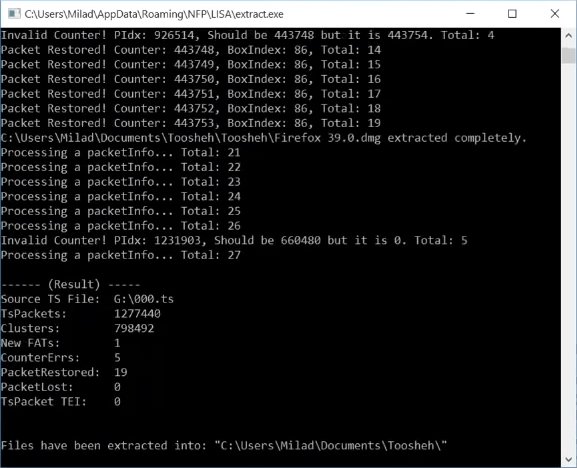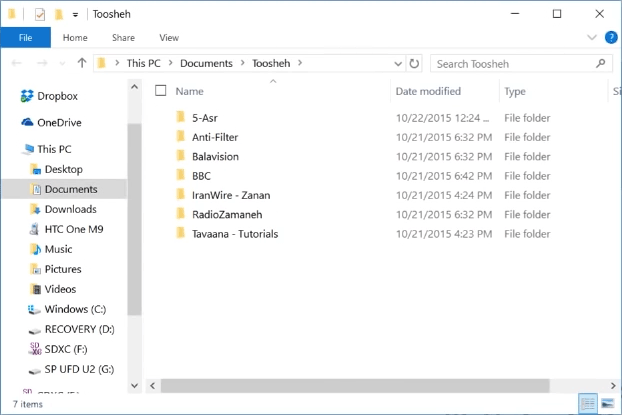Iranians have found an original way to circumvent government censorship
Files from the Internet are hidden inside MPEG and broadcast on satellite TV

Iranian authorities have a very tough policy on filtering the Internet . The country has blocked YouTube, Facebook, Twitter, Google+ and hundreds of other popular information sites, social networks, sports sites, news resources, online stores and so on. In general, of the 500 most popular Internet sites in Iran, almost 50% are blocked. After the Stuxnet cyber attack in 2012, state authorities are more suspicious of Western technologies, filter Internet traffic, and also set about organizing a self-contained “internal Internet” isolated from the external Network, banning foreign postal services and foreign software.
The state controls external communication channels and tries to filter traffic from Tor, Psiphon, VPN and other services to circumvent censorship. HTTPS connections are also clipped. Because of this filtering, as well as due to poor infrastructure, the Internet in Iran remains very slow and rather expensive - 1 GB of traffic costs about $ 1.
An original way to bypass state censorship was proposed by activists from the project Net Freedom Pioneers. To transfer "forbidden" files to users' computers, they opened a satellite TV channel and developed the Toosheh program, which converts files to the .ts format (MPEG video) and back.
')
Toosheh has been operating since March 2016. The authorities promptly blocked the official website, but they cannot block the satellite channel. Broadcasting is carried out from the satellite Yahsat. Users only need to download and install Toosheh software.
To get fresh files, just insert the USB flash drive into the satellite receiver and click the "Record" button. The broadcast is repeated cyclically every hour, so you can start recording at any time. About 1 gigabyte is recorded per hour. After that, the flash drive is transferred to a personal computer, where the program Toosheh converts the recorded video stream and creates a folder with a selection of fresh files from the Internet.
Satellite dishes are installed everywhere in Iran, even in remote small villages. They have 70% of the population , so the idea is quite promising. For the first month, the program downloaded 56,000 users.
Of course, it is not without flaws. The user cannot order an arbitrary file from the Internet, but has to be content with choosing the activists themselves for transmission. Five Iranian emigrants and dissidents are engaged in this: they make up a selection of entertainment, educational and informational materials. This includes Iranian music before 1979, PDF files with information summaries, Tor, Latern software and more for circumventing state censorship, educational courses on learning the English language, and so on - everything that official authorities prohibit.


Even in this version, new files from the Internet every day are like a breath of fresh air for people living in conditions of information blockade. Activists receive feedback from users and select files for transmission in accordance with the wishes of the audience.
The example of Iran shows that even the most severe censorship can be circumvented by technical means. Authorities are not able to block the satellite signal or calculate users who receive prohibited files.
Source: https://habr.com/ru/post/372145/
All Articles